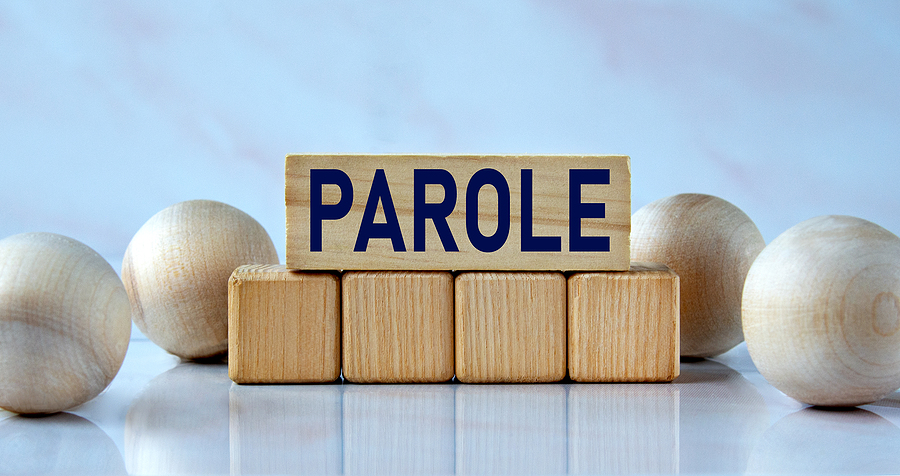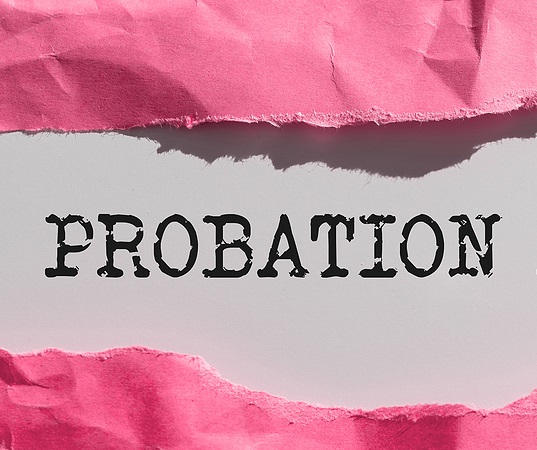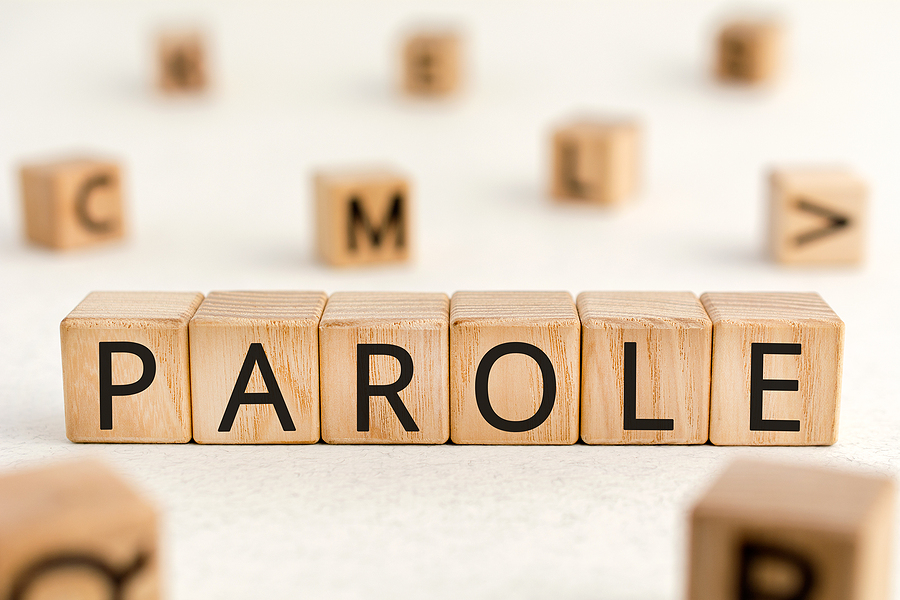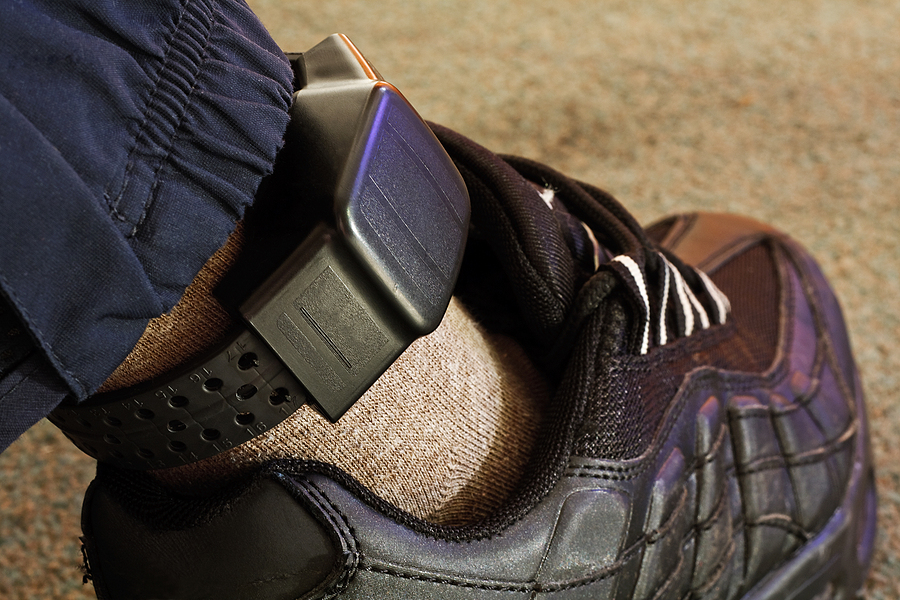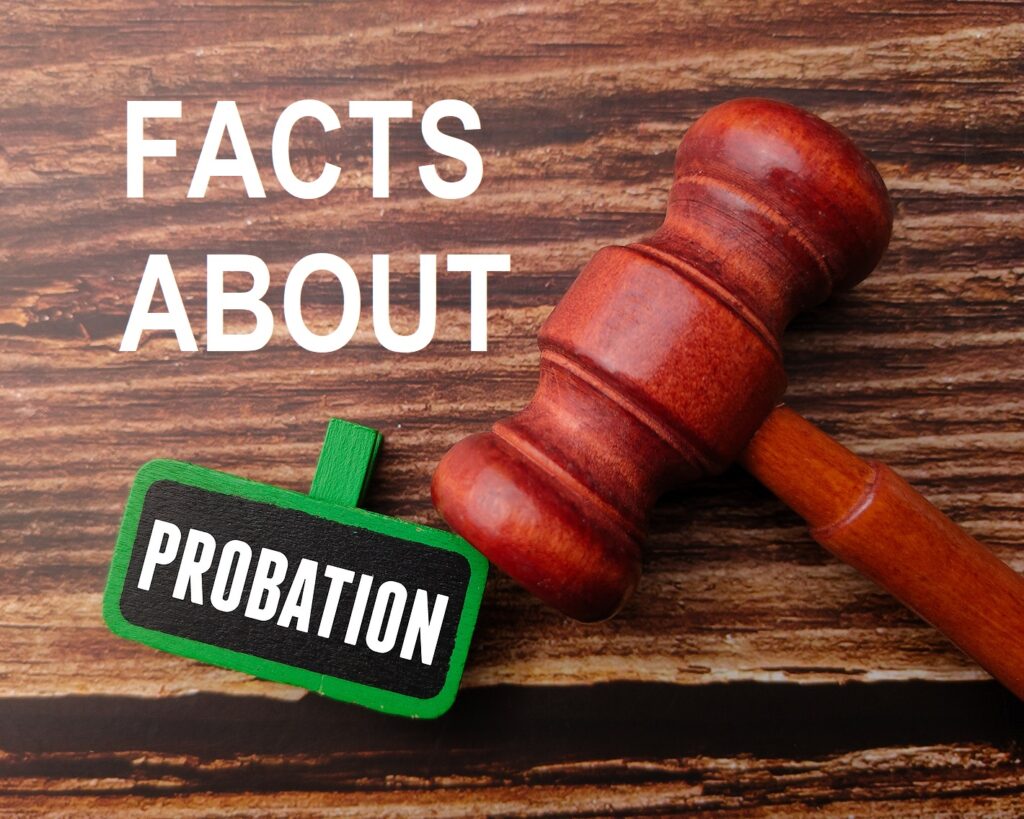Understanding the legal landscape of fugitive extradition can be a complex and daunting task. This blog post aims to shed light on the fundamental aspects of the extradition process, focusing primarily on the laws and procedures within the state of Indiana.
If you’ve ever wondered about the intricacies of how fugitive extradition works, or what legal measures are taken when a fugitive is found in Indiana, this post is for you. We will delve into the legal labyrinth, unraveling the processes involved, and highlighting key aspects to provide a comprehensive understanding of fugitive extradition in Indiana.

What is Fugitive Extradition?
Fugitive extradition is the legal process by which a person who has fled from one jurisdiction to another in an attempt to evade criminal prosecution or punishment is returned to the original jurisdiction. This process serves as a means of enforcing and protecting the rule of law, ensuring that individuals are held accountable for their actions regardless of where they may try to escape. Fugitive extradition is governed by a complex web of laws and processes, both at the state and federal level, to ensure that it is carried out in a fair and just manner.
Extradition Laws in Indiana
In the state of Indiana, fugitive extradition is regulated by the Uniform Criminal Extradition Act (UCEA), which was adopted by the Indiana Legislature in 1935. The UCEA provides a framework for interstate cooperation and outlines the legal procedures for extradition within the state. Additionally, the United States Constitution’s Extradition Clause allows for the transfer of fugitives between states.
The Extradition Process in Indiana
The extradition process begins when law enforcement officers identify an individual as a fugitive from another state. The officers must then verify the fugitive’s identity and confirm that there is a valid arrest warrant for their extradition. Once these steps are completed, law enforcement will take the fugitive into custody and present them before a judge to determine if they are indeed the person named in the warrant.
If the fugitive does not waive their right to an extradition hearing, a governor’s warrant must be obtained from the governor of the state seeking extradition. The governor’s warrant is an official document that authorizes law enforcement in the requested state to arrest and transport the fugitive back to the requesting state.
After obtaining the warrant, a hearing is held before a judge to determine whether there is sufficient evidence for the extradition request. If all legal requirements are met, the judge will order that the fugitive be extradited to the requesting state. If any issues arise during this process, such as contested identity or insufficient evidence, it may prolong the extradition proceedings.
What to Do if You are Facing Criminal Extradition in Indiana
If you are facing criminal extradition proceedings in Indiana, it is crucial to seek the advice of an experienced criminal defense attorney. They can help navigate the complicated legal procedures and protect your rights throughout the process. Additionally, if you believe that you may be a fugitive from another state, it is essential to address the situation promptly and consult with a lawyer to avoid any complications or further legal troubles.
Conclusion
Fugitive extradition is a complex legal process with a long history in Indiana and across the United States. It serves as an essential tool for enforcing the rule of law and ensuring that individuals are held accountable for their actions. By understanding the laws and procedures involved in fugitive extradition, we can gain a better understanding of how our justice system works to protect our communities from criminals who try to evade punishment by fleeing across state lines.
We hope this blog has provided valuable insights into the world of fugitive extradition in Indiana. If you are currently facing criminal extradition, contact the Law Office of David E. Lewis at 317-636-7514 to schedule a meeting with a seasoned Indianapolis criminal defense lawyer who cares about preserving your freedoms and securing your rights. Discuss your case with us over the phone or in person at our Indy office.
Related Posts:
What Happens if I Violate My Probation in Indiana?
Can My Teen Be Arrested for Running Away?
7 Tips for Those on Probation or Parole



